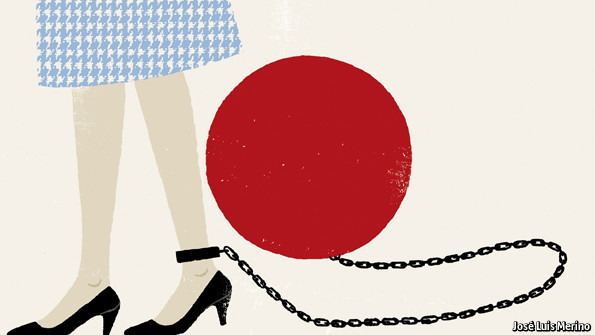Put Japan into the 6 value dimensions of national culture, it’s interesting to see that Japan gets extreme high score on masculinity, uncertainty avoidance and long term orientation among the world. However, compare to other Asian countries, they get relatively low scores on power distance, individualism, and indulgence. I am going to talk about my point of views on power distance, individual vs collectivism, and masculinity.

Power Distance:
“Power distance describes the degree to which people in a country accept that power in institutions and organizations is distributed unequally” (OB paged,81). Unlike other hierarchical Asian countries (Thailand got 64 on power distance), Japan gets the intermediate score on power distance. However, Japan has a well-known hierarchical business circle. Japanese firms usually consist of clear hierarchical layers and managements.
Individualism or collectivism?
Japanese society shows many of characteristics of a collective society. One of my friends (she used to live in Japan for 10 years long) told me Japan was a very collective nation. Japanese are pretty group-minded and care enormously about others’ thoughts toward them, they make their decisions based others’ advisor. However, the studies conduct on Japanese living habits and their family relationship tell the individualism side of Japan. First, most of Japanese prefer to live by themselves rather than sharing apartments with family members or friends. Second, Japanese don’t have a strong connection with their extended family, indeed they prefer to take care and live by themselves. In western standard, Japan is more likely to in the collectivism sides. Japan shows it individualist characteristics by approaching Asian standards.
Masculinity:
Japan gets 95 on masculinity, and it’s one of the most masculine society in the world. In Japanese traditional culture, women are in charge of taking care the whole family, and it’s inappropriate for them to pursue their own careers. In today’s Japan, those doctrines and gender stereotyping are left behind by those new Japanese generations. It’s getting more common to spot women dressed up in professional outfits on stress and public transportations. Today’s Japanese society is getting more tolerated for women pursuing their own careers, but still hard for women to climb up the corporate ladders with their masculine norm of hard working.
Word Counted: 372
Citations:
“Geert Hofstede.” Japan – Geert Hofstede. Itim International, 5 Jan. 2017. Web. 06 Feb. 2017. <https://geert-hofstede.com/japan.html>.